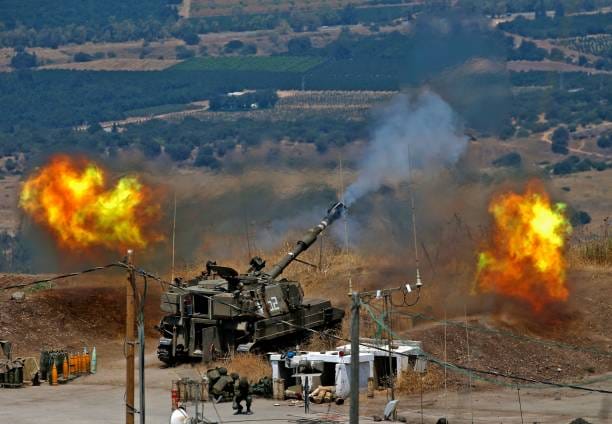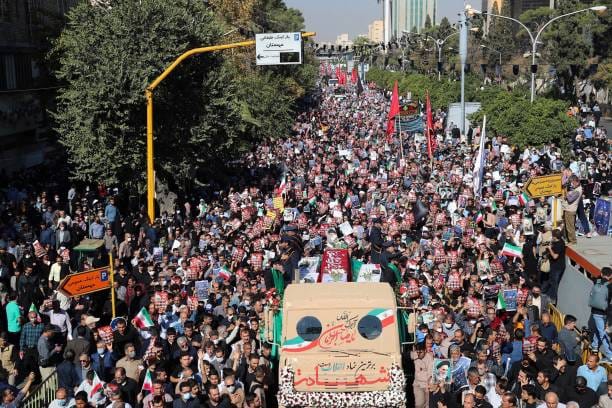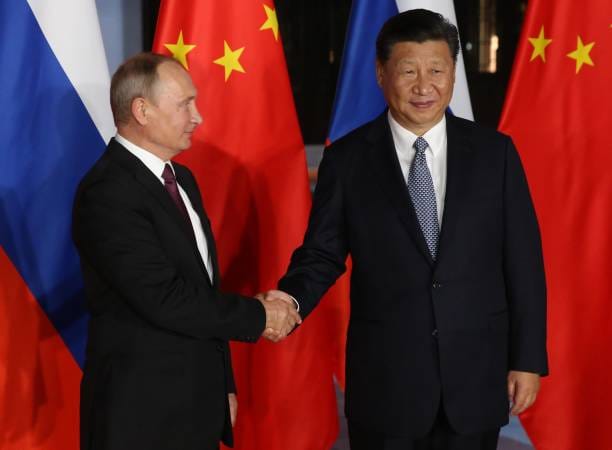Israel Retaliates After Hezbollah Downs Drone

The Israeli military has launched a series of strikes against Hezbollah targets in Lebanon. This aggressive move comes after the militant group claimed responsibility for shooting down an Israeli drone over Lebanese airspace.
The Israel Defense Forces (IDF) confirmed that the unmanned aerial vehicle (UAV), identified as an Elbit Hermes 450, was conducting routine surveillance when it was intercepted by Hezbollah's anti-aircraft units. The downing of the drone occurred amid heightened tensions in the region, with both sides engaging in an increasingly dangerous game of brinkmanship.
Following the incident, the IDF responded with targeted strikes in the Baalbek region, a known Hezbollah stronghold. The military stated it hit a compound and additional infrastructure, signaling a readiness to escalate its military operations if necessary.
This confrontation is not isolated; it follows a similar event earlier this year when another Hermes 450 was brought down by Hezbollah. The IDF had retaliated with airstrikes deep within Lebanese territory for the first time in years, marking a significant shift in its operational tactics.
The Hermes 450, serving dual purposes as a surveillance and attack drone, is a valuable asset in the IDF's arsenal and a prime target for Hezbollah's defenses. The Lebanese group's successful missile strike represents a worrying development for the IDF, which has maintained air superiority over Lebanon for decades.
The situation has drawn international concern, with the United States and other Western nations calling for restraint from both sides. The United Nations Interim Force in Lebanon (UNIFIL) has also expressed alarm over the potential for a full-scale conflict, urging all parties to respect the Blue Line boundary and to cease hostilities.
Hezbollah's Secretary-General, Hassan Nasrallah, has issued statements asserting the group's right to defend Lebanese airspace and to respond to Israeli aggression. In a televised speech, Nasrallah warned that Hezbollah has not yet employed its main weapons or forces, hinting at the group's preparedness for a more extensive confrontation.
The IDF's downed drone and subsequent airstrikes are indicative of the fragile status quo that exists along the Israel-Lebanon border. While both sides have largely avoided direct conflict since the 2006 Lebanon War, the recent incidents suggest a growing willingness to engage in military action, albeit with calculated risks.
As the region braces for potential fallout, we follow closely, hoping that diplomacy can prevail over the drums of war. The IDF's actions, while assertive, also reflect a desire to maintain a deterrent posture without triggering a broader conflict. However, with each downed drone and retaliatory strike, the margin for error narrows, and the possibility of miscalculation increases.
The Lebanese government, caught between its own political crises and the influence of Hezbollah within its borders, has condemned the violation of its airspace and called for international support to prevent further breaches. The Lebanese Armed Forces, though significantly less equipped than Hezbollah, have been placed on high alert in anticipation of further IDF actions.



